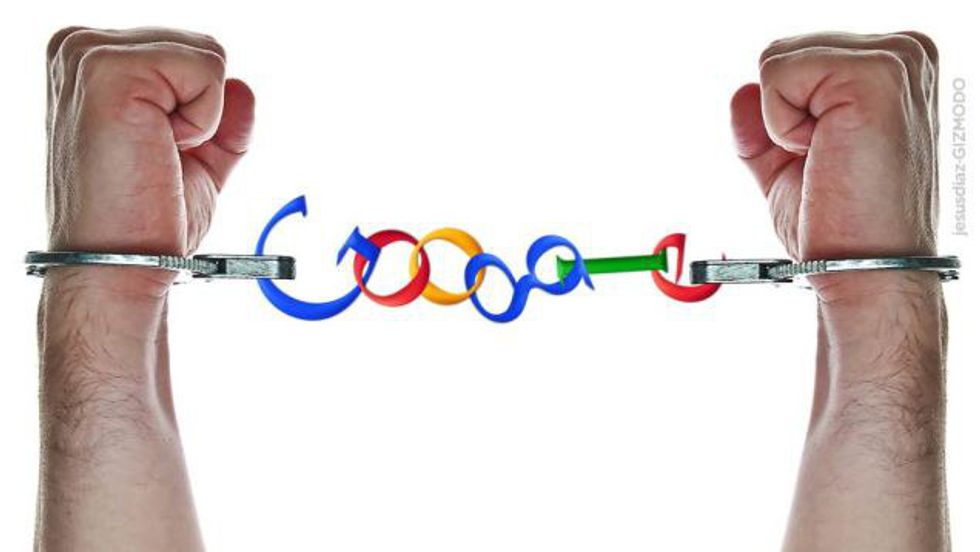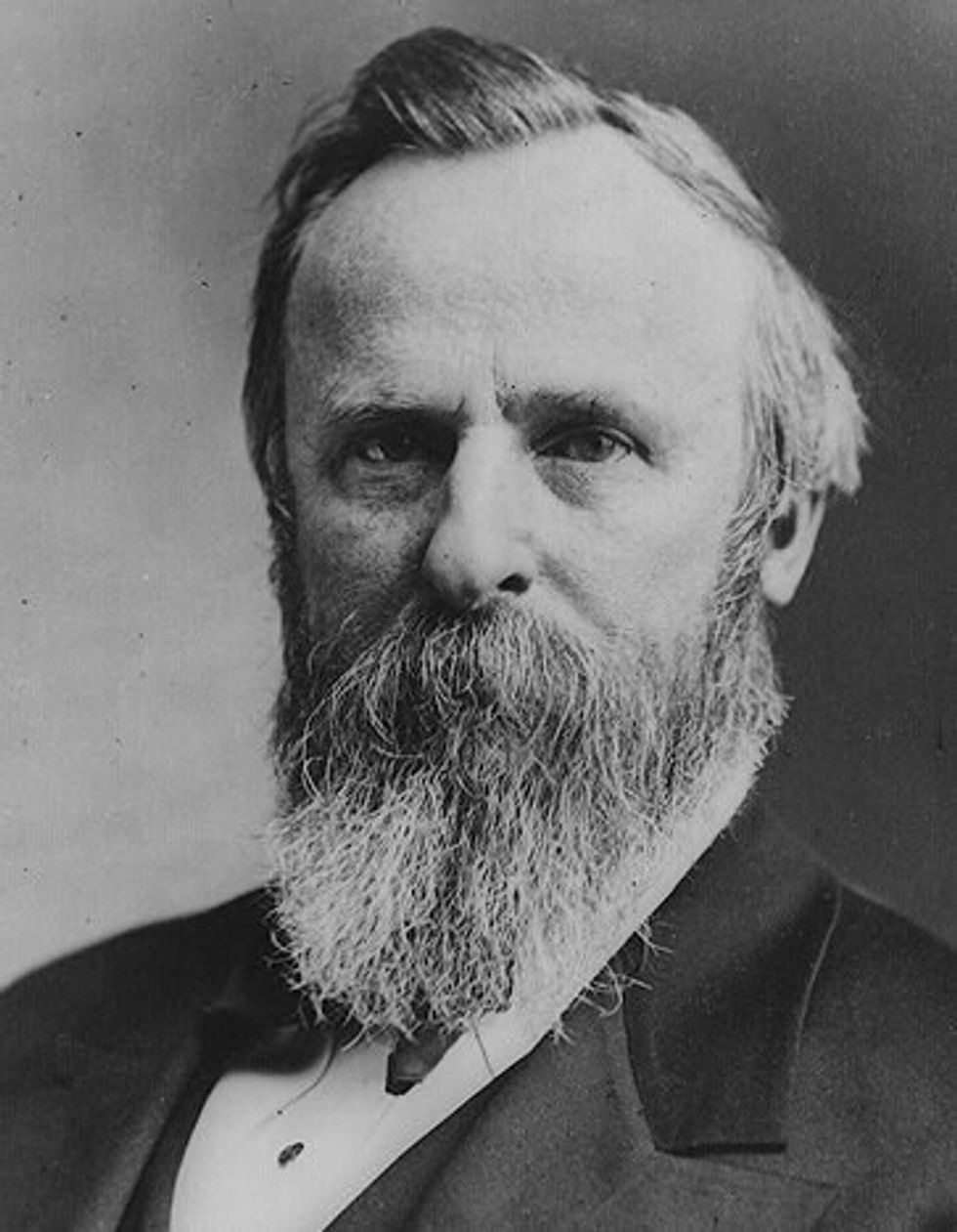“The media's the most powerful entity on earth. They have the power to make the innocent guilty and to make the guilty innocent, and that's power. Because they control the minds of the masses.” - Malcolm X
It’s no secret that in 2015, as we all settle back into to school, the vast amount of our contact with the world beyond what our eyes can see will be influenced by the screens of televisions and cell phones the world over. With school in mind, this upcoming year offers young adults 18 and over to participate in the 2016 Campaign. This campaign is already shaping up to be historic for reasons unprecedented, as already we have seen mass media control the spread of information through which a vast majority of voters will solely base their vote upon.
I recently went on a cruise to the beautiful island of Bermuda. Along my seven day journey, a really peculiar thing happened. As soon as that boat left the Hudson Bay harbor en route to international waters, my extended brain, that constantly has me checking things that never truly mattered, maybe with roaming charges in mind, was turned off for the duration of my vacation. It was utter brilliance.
Sadly, after disembarking my cruise, I was forced to reenter the endless vortex of fruitless information that our cell phones and other smart technologies sweep us all into. Soon, I found myself endlessly scrolling down waiting for some mutual friend to share a picture of their latest meal on Snapchat. Only when I arrived back to my true home, Charleston, did I finally feel like I could separate myself enough from the oppressive grip of a connected world and find the niche through which I can build the rest of my life around.
During my unhinged binge of all Internet I may have missed in my week at sea, I came upon a very interesting article authored by CNN correspondent David Goldman. Goldman, an author whose name solidifies his background in money, researched the world’s most powerful search engine and how its influence may swing the vast majority of undecided voters toward a candidate of their choice. The scary ultimatum of Goldman’s findings: This could be happening already unbeknownst to anyone’s knowledge. The search engine in question is of course Google.
Goldman quotes that, “Robert Epstein, a senior research psychologist at the American Institute for Behavioral Research and Technology and a team of researchers, studied behavior in undecided voters who had been exposed to rigged search results. By displaying results that shone a more favorable light on a particular candidate, the researchers could shift opinion towards that favored candidate.”
This exemplifies Malcolm X’s opinion on how the media can sway the masses. When all of our information comes from one source, just one tweak, however minor, could alter the perceived conscious of the group. In fact, the study boosted a candidate's favorability rating by between 37 percent and 63 percent after just one 15-minute search session (Goldman). Just think of the implications such a minute change in data reliability may play over a voting block that experts predict to exceed 200 million voters. Who is to say that a closed door deal could, in fact, secure the presidency for one candidate whose policies could bring our society to its knees?
Google claims the company's algorithm is designed to provide "relevant answers," and any possible tampering which may favor one view above any other "would undermine the people's trust in our results and company."
In my opinion, this statement fails to even constitute a blanket of denial as it does not even approach the very, very realistic potential for such an event to take place. By weeding out what Google considers relevant, they admit their own guilt, even if it may indirectly be truth.
By Goldman’s judgment, and after outside reading, I too conclude that Epstein’s research suggests that swinging an election is "well within Google's control." For evidence, look no further than the 2012 presidential election in President Obama ousted Mitt Romney by just 3.9 percent. To date, the 2016 election is too close to call.
To decipher whether or not a multinational conglomerate such as Google may be interested in swaying history, one must look no further than the past to conclude on our hazy future.
Epstein points to the Western Union's attempt to swing the 1876 presidential election towards its favored candidate, Rutherford B. Hayes. Hayes supported the intrusive attitude of big business over diplomats who believed the Native American High Plains population should be free to live undisturbed in their ancestral homelands. The election was the closest in U.S. history, and Western Union used its telegraph network monopoly with the Associated Press to ensure that only positive stories about Hayes were published. Hayes ultimately won by a hair.
On average, Google adjusts its algorithm more than once a day. While there are leaders in Google whose image is undoubtedly too public to dare such tamperings, Epstein reports, "Google could easily be flipping elections worldwide as you read this; if not by their leaders, a rogue employee.”
All of this is surely a lot to wrap your head around in just one article. What I want you, the reader, to do is go about your daily lives as normal but use this knowledge to decipher your own opinion of who should lead us. In this Democracy, we the people are responsible for our own future no matter what powerful entity threatens to stake a claim at our freedom. As time goes on, and more information is provided to the public about the campaign I, Jack Feeney will dutifully be at your service trying to provide you with a clear head as you traverse this wide and wacky world. Stay classy Charleston. Until next week.







































